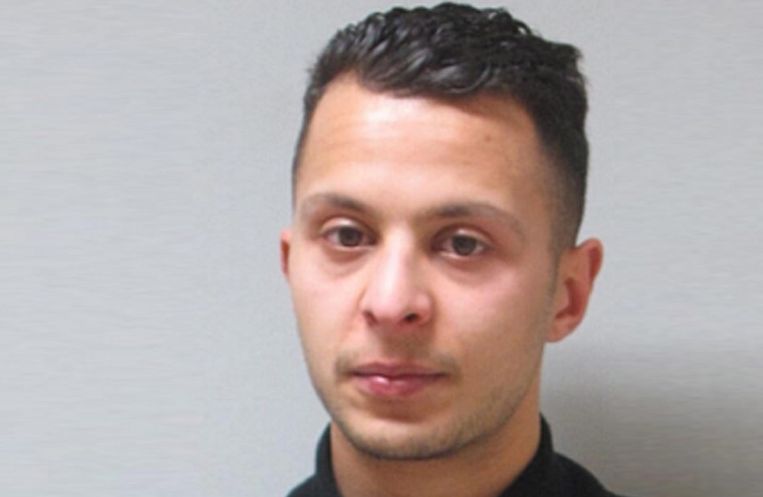The Belgian Francophone broadcaster RTBF found recordings of an interview with terrorist Salah Abdeslam and two of his accomplices, immediately after the terror attacks in Paris, in its archives.
On 14 November 2015, the morning after the terror attacks in Paris the evening before, many checkpoints and border controls were set up along the Belgium-France border to intercept terrorist suspects who might be fleeing the country.
Along with the police, many journalists also posted at the borders to ask motorists what they thought of these controls. In one of the cars that were stopped was Salah Abdeslam, who was supposed to have taken part in the suicide bombing the night before, along with Mohamed Amri and Hamza Attou.
The fact that Abdeslam had been interviewed at the border was already made public last year, after a conversation between him and several cellmates was overheard, in which he said that he had been interviewed by a journalist of the commercial broadcaster RTL-TVI.
However, that interview could not be found in the archives, but now it turned out that it was a radio journalist for RTBF, and not RTL-TVI, who asked the questions.
The journalist in question, Charlotte Legrand, explained on RTBF what happened that day.
"I do not remember the make of the car or the colour. In it were three young men who looked very tired, their faces looked worn," she said.
"The one in the back was wrapped up in a kind of thick jacket or duvet. They were not particularly friendly, but they answered my questions while their identity cards were being checked," said Legrand.
"When they got their papers back, they cut the conversation short and rolled up their window. They threw me off a bit," she added.
The complete interview was not preserved in the broadcaster's archives, but the part that was broadcast on RTBF radio on 14 November was kept (and can be listened to here).
Abdeslam, Amri and Attou can be heard, speaking over each other. "This is the third. Third control. To be honest, we find it a bit annoying," they said. "But we now have some understanding of the meaning of [...] the why. Afterwards, we knew why."
If Abdeslam had not been overheard speaking about being interviewed, Legrand would have continued to doubt whether it was really him she spoke to.
"Today, I want to remain objective, but I felt a certain unease. I was afraid that I would be accused of having lacked discernment during this interview," she told RTBF.
"Strangely, I felt a little guilty, but then I remembered the facts," said Legrand. "At that time, I simply did not have the elements to recognise Abdeslam. Neither me, nor the police."
A year after the Paris attacks, Belgian federal public prosecutor Frédéric Van Leeuw explained in an episode of the investigative VRT programme ‘Pano’ how it is possible that Abdeslam and his accomplices were not arrested at the checkpoint.
"Salah Abdeslam was signalled as a suspect. It was a discreet signal. The French gendarmes saw that signal, and asked their Belgian colleagues for an explanation," he said.
"They asked the question around 9:00 AM, the answer came around 10:45 AM. But they did not wait for the answer, and let them drive on," Van Leeuw said. "Of course, they had a lot to do and did not know which direction to look in."
In the end, Abdeslam was only arrested on 18 March 2016 in the Rue des Quatre-Vents in Molenbeek-Saint-Jean, in Brussels.
The Brussels Times

